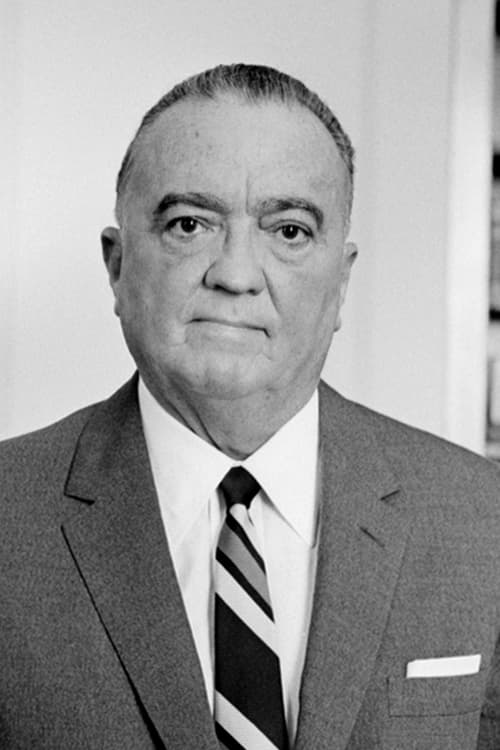J. Edgar Hoover
Birth : 1895-01-01, Washington, District of Columbia, USA
Death : 1972-05-02
History
John Edgar Hoover was an American law enforcement administrator who served as the first Director of the Federal Bureau of Investigation of the United States.
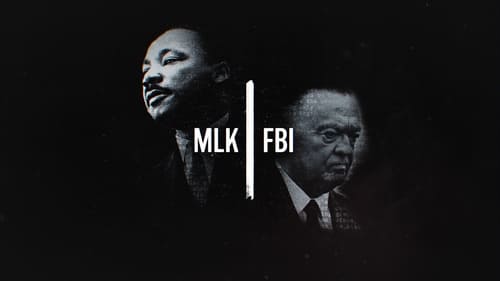
Self (archival footage)
Based on newly declassified files, the film explores the US government’s surveillance and harassment of Martin Luther King, Jr.
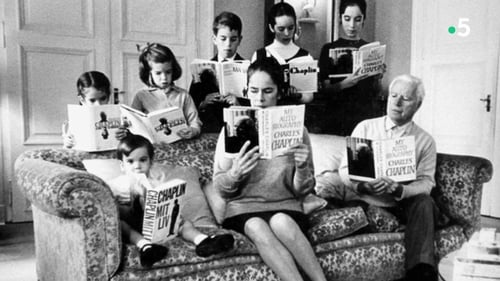
Self
How FBI followed Charles Chaplin for 50 years. Hoover was convinced that Chaplin is a communist or communist supporter.
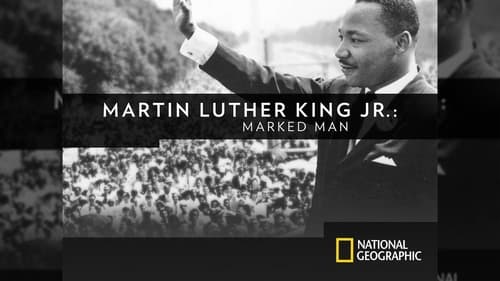
Himself - Archival Footage
National Geographic documentary on Martin Luther King Jr. helps drive change in the United States in the face of bitter opposition, not least from opponents within the U.S. government; King is subjected to a fierce campaign of intimidation by J. Edgar Hoover's FBI.
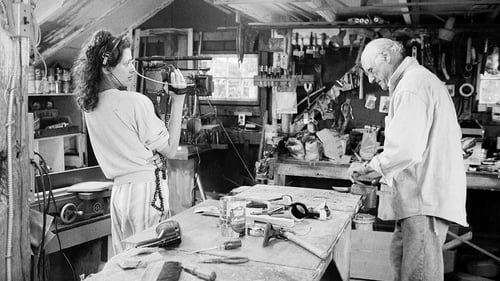
Self (archive footage)
One of the greatest playwrights of the 20th century, Arthur Miller created such celebrated works as Death of a Salesman and The Crucible, which continue to move audiences around the world today. He also made headlines for being targeted by the House Un-American Activities Committee at the height of the McCarthy Era and entering into a tumultuous marriage with Hollywood icon Marilyn Monroe. Told from the unique perspective of his daughter, filmmaker Rebecca Miller, Arthur Miller: Writer is an illuminating portrait that combines interviews spanning decades and a wealth of personal archival material, and provides new insights into Miller’s life as an artist and exploring his character in all its complexity.
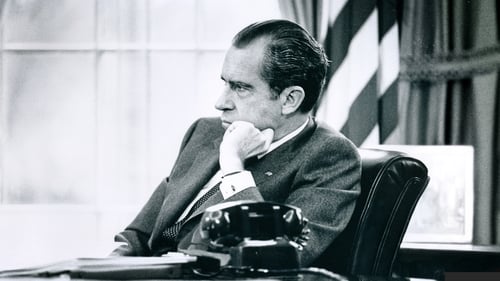
Self (archive footage)
From 1971 to 1973, Richard Nixon secretly recorded his private conversations in the White House. This film chronicles the content of those tapes, which include Nixon's conversations on the war in Vietnam, the Pentagon Papers leak, his Supreme Court appointments, and more--while also exposing shocking statements he made about women, people of color, Jews, and the media.

Self (archive footage)
Forty years before WikiLeaks and the NSA scandal, there was Media, Pennsylvania. In 1971, eight activists plotted an intricate break-in to the local FBI offices to leak stolen documents and expose the illegal surveillance of ordinary Americans in an era of anti-war activism. In this riveting heist story, the perpetrators reveal themselves for the first time, reflecting on their actions and raising broader questions surrounding security leaks in activism today.
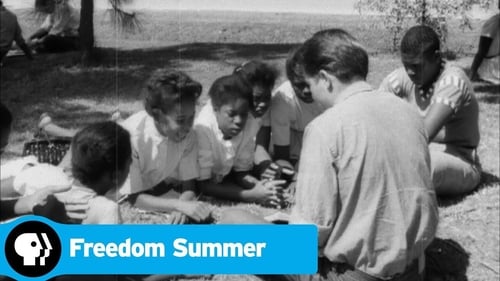
Self (voice) (archive footage)
In the summer of 1964, more than 700 students descended on violent, segregated Mississippi. Defying authorities, they registered voters, created freedom schools, and established the Mississippi Freedom Democratic Party. Fifty years later, eyewitness accounts and never-before-seen archival material tell their story. Not all of them would make it through.
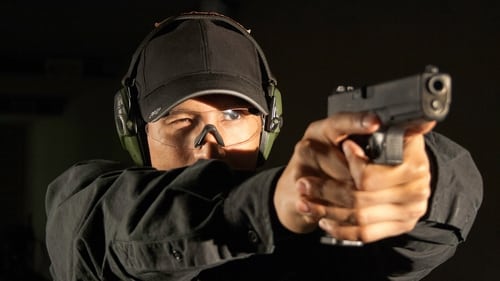
Self - first director of the Federal Bureau of Investigation (archive footage)
Explore America’s enduring relationship with firearms: From the first European settlements in the New World to frontier justice; from 19th Century immigrant riots to gangland violence in the Roaring Twenties; from the Civil War to Civil Rights, guns have been at center of our national narrative for four hundred years.
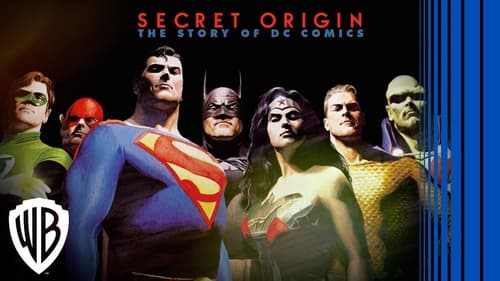
Self (archive footage)
A look at the history of the comic book publication that launched such legendary characters as Superman, Batman and Wonder Woman.
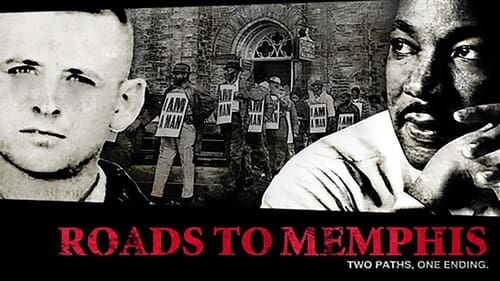
Self (archive footage)
The wildly disparate yet fatefully entwined stories of assassin James Earl Ray and his target, Dr. Martin Luther King Jr.
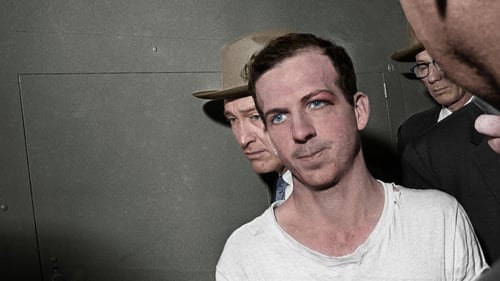
Self (archive footage)
For the Baby Boomers, the assassination of President John F. Kennedy took on the same sense of tragedy as the September 11, 2001 terrorist attacks did for Generation Y - not only for the effect that it had on the nation's morale but for the conspiracy theories that would follow in its wake as well. In the aftermath of the assassination,

A sizzling look at the one, the only, J. Edgar Hoover-a man whose very name conjures up images of top level law enforcement and respect. Having served tirelessly as director of the FBI for more than 40 years, J. Edgar's life was chock-full of secret investigations that were as much responsible for preserving freedom and stamping out Communism as any U.S. President that ever served.

Himself (archive footage)
A 60-minute salute to American International Pictures. Entertainment lawyer Samuel Z. Arkoff founded AIP (then called American Releasing Corporation) on a $3000 loan in 1954 with his partner, James H. Nicholson, a former West Coast exhibitor and distributor. The company made its mark by targeting teenagers with quickly produced films that exploited subjects mainstream films were reluctant to tackle.

Self (archive footage)
A documentary look at the confluence of the Red scare, McCarthyism, and blacklists with the post-war activism by African Americans seeking more and better roles on radio, television, and stage. It begins in Harlem, measures the impact of Paul Robeson and the campaign to bring him down, looks at the role of HUAC, J. Edgar Hoover and of journalists such as Ed Sullivan, and ends with a tribute to Canada Lee. Throughout are interviews with men and women who were there, including Dick Campbell of the Rose McLendon Players and Fredrick O'Neal of the American Negro Theatre. In the 1940s and 1950s, anti-Communism was one more tool to maintain Jim Crow and to keep down African-Americans.
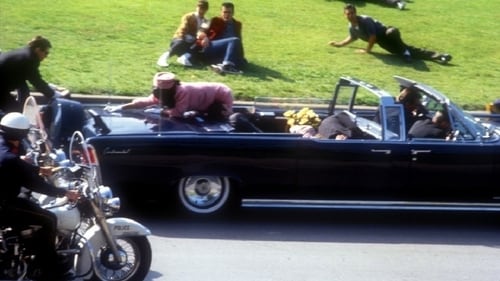
Self (archive footage)
A documentary destined to calmly explain and analyze the facts, myths and rumours about John Kennedy's assassination and the overwhelming use of information in Oliver Stone's epic "JFK" (1991), at the same time it presents a behind the scenes documentary on the controversial film. Features interviews with the cast and director, and the personalities who lived and remember the facts concerning the November 22, 1963, like reporters, eyewitnesses and others, and some of the real characters from the movie, like Jim Garrison, Numa Bertel, Lou Ivon and Perry Russo.
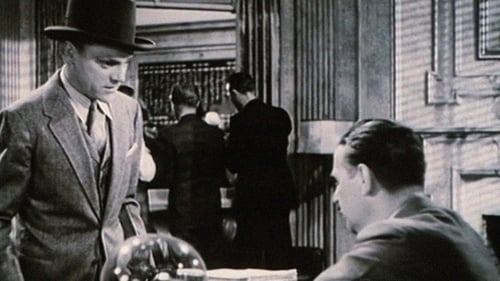
Self (archive footage)
Period music, film clips and newsreel footage combined into a visual exploration of the American entertainment industry during the Great Depression.
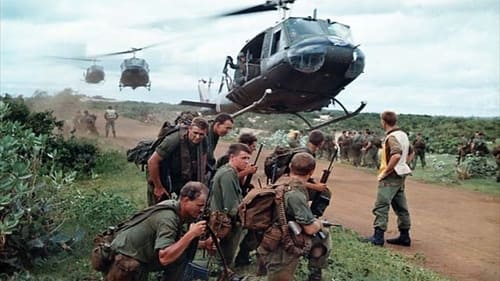
Self (archive footage)
Many times during his presidency, Lyndon B. Johnson said that ultimate victory in the Vietnam War depended upon the U.S. military winning the "hearts and minds" of the Vietnamese people. Filmmaker Peter Davis uses Johnson's phrase in an ironic context in this anti-war documentary, filmed and released while the Vietnam War was still under way, juxtaposing interviews with military figures like U.S. Army Chief of Staff William C. Westmoreland with shocking scenes of violence and brutality.
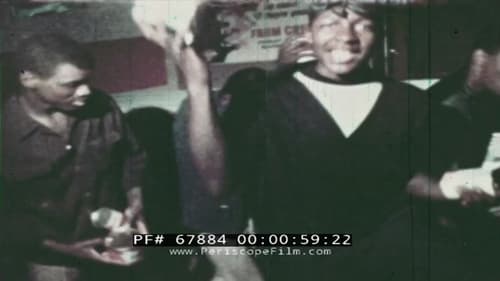
This color propaganda film made National Education Program (NEP) as a warning to citizens of the USA about the subversive groups within the country looking to destroy the American system and its people. It dates to 1968, one of the most chaotic years in 20th Century American history.
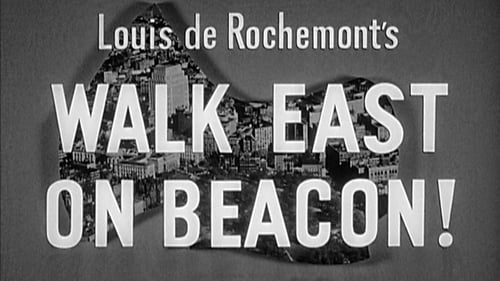
Writer
An FBI agent works with a refugee scientist and the Coast Guard to crack a Soviet spy ring in Boston.

Himself
Universal newsreel recounts the proceedings at the House Un-American Activities Committee

Himself
There is a vast increase of youth crime, doubling in the two years since the US entered World War II. With fathers off to war, women are working in the factories leaving children at home for the day or after school, unsupervised and free to get into trouble. Young men and women, some working and making an adult wage, now feel that they have the right to act and do as adults. Others are trying their hands at new thrills, such as smoking marijuana. Young women are getting into trouble by getting involved with the many servicemen that they are attracted to. This film shows how these kinds of subversive thoughts that lead to juvenile delinquency can be broken by having youths selling war bonds and organizing 4-H clubs, among other activities.
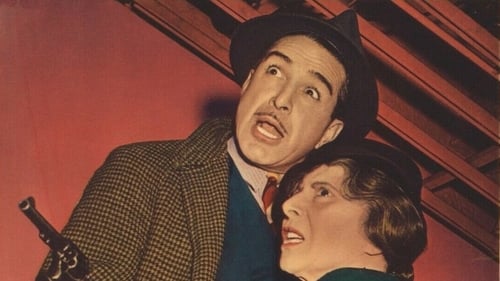
Book
Ma Webster (Blanche Yurka) and her boys rob a bank on Christmas Eve; G-men stop them with Tommy guns.
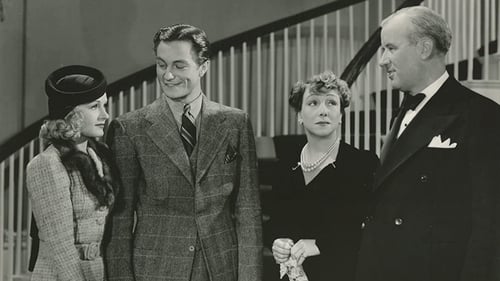
Book
This expose of the U.S. parole system, as seen through the eyes of FBI Director J. Edgar Hoover, takes dead aim on lawyers who manipulate the justice system in order to get undeserving convicts parole from prisons. The point is made when FBI agents are assigned to track down "Big Boy" Bradmore, who after getting an undeserved parole, via the efforts of a shyster lawyer, promptly murders an FBI agent.
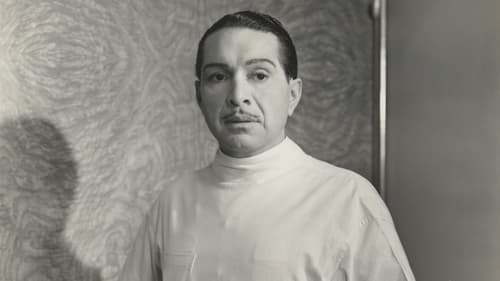
Book
Dr. Bartley Morgan covers up his profitable illegalities with the respectable veneer of a posh, highly profitable private practice, he runs with his nurse Margaret Hopkins. The FBI agent Robert Anders has to catch on to Morgan's illicit activities.

Book
During a stick-up, a woman is excited by the criminal and joins him on his crime spree.
